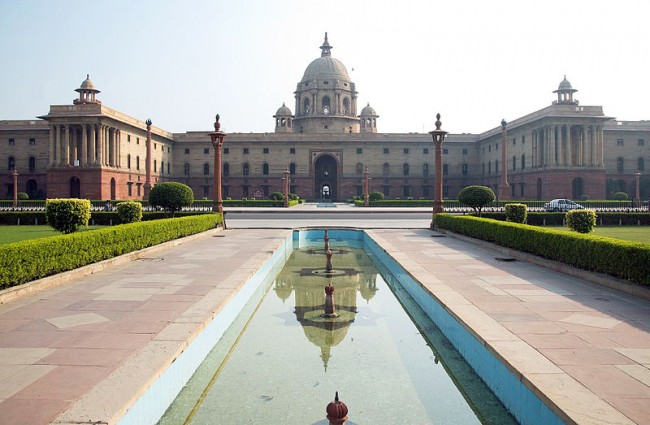
By Saima Ali
It has roughly been a decade, that membership of NSG has become much contested, especially because of India and Pakistan concern into NSG. Last Plenary meeting in Vienna for NSG concluded without achieving any agreement on the issue of NSG candidature for non-NPT states. India always took NSG as a political game and was continuously giving the impression that it has succeeded the support of majority of the countries including Mexico, Switzerland, Brazil, Russia and New Zealand. But the fact is that New Zealand doesn’t place a chance against the US pressure. Likewise the countries in Latin America have different interests. Nevertheless three major countries Ireland, China and Austria have not shown any change in their posture against the Indian membership.
The creation of this particular nuclear lobby known as the ‘London Club’, a voluntary cartel in response to India’s so called Peaceful Nuclear Explosion in 1975. Its focal point was to hinder its members from assisting India in producing nuclear weapons, which used plutonium, produced with nuclear technology from Canada and the United States. India’s application is being considered and deliberations are yet to take place whether to include her in the cartel or not. Instead of supporting a complete and an effective implementation of the Non-proliferation treaty (NPT) has been using its 2008 waiver given by NSG for justifying its application.
Despite of the fact, India wants to send the message out that NSG issue is still animate and India is meticulously working for the membership. The NSG politics by India has recently entered a new dimension currently as that Ambassador Grossi, in a new-fangled attempt to acquire India’s entrance into the NSG and break the blockage in this regard, has proposed a prescription for dealing with India and Pakistan’s applications. A so called new framework of conditions approving India would be formulated and the NSG chair would write to the two non-NPT applicants to convey to them the grounds on which they feel they are eligible for NSG membership. This would enable him to show to the NSG members that India met the conditions laid down under the formula. But the rubric does not have the approval of the entire membership.
The formula outlined in Grossi’s draft note sets an extremely low bar on NSG membership and its wording is vague and open to wide interpretation. Nevertheless it would serve to show India’s greater eligibility in a contrived postulate. For example, the proposed criteria for membership would simply require that India or Pakistan describe their plan for separating civilian and military nuclear facilities, which is a step that does not necessarily guarantee civil nuclear technology transfers will not benefit the military sector, and it is a step India has already taken.
It is no wonder that responsible NSG states have lodged comments and objections to both the substance of the proposed membership criteria and the process for trying to forge a meaningful consensus on the criteria for membership for non-NPT states. Mr. Rafael Grossi is looking for the US support and that’s why he is all out to settle the Americans for which he is trying to propose criteria which would go with India. Countries like New Zealand, Austria, Switzerland and Ireland want more strict measure and are unwilling to accept Grossi’s paper. On the other side there are countries like China which believe that Rafael Grossi doesn’t have a mandate so it is reluctant to accept procedures presented by Rafael Grossi.
The US’ support for Indian bid is driven by its strategic and political interests in South Asia. Despite lack of any progress towards support of member states, India has pressed NSG members for a second meeting just to keep the issue alive and burning. India’s unaccompanied entry into NSG would push back Pakistan’s efforts for developing its infrastructure and industry by decades. Significantly, Pakistan must be cautious of this progress. It has also posed a serious challenge for the NSG members who are trying to increase the membership of the NSG since 1970s. In fact in order to stop the NSG chairperson Mr. Rafael Grossi, from acting brazenly in favour of India, Pakistan could simply take certain steps to improve its eligibility for membership. It has already signed and ratified the Convention on Physical Protection of Nuclear Material (CPPNM) and its Amendment. It could also consider signing an additional protocol with the IAEA and perhaps announce a separation of its civil and military nuclear programmes. These steps are doable, will not affect our core position on nuclear matters and could considerably improve our eligibility for NSG membership. If the NSG opens its door for India, it should be obliged to do it for Pakistan as well.




